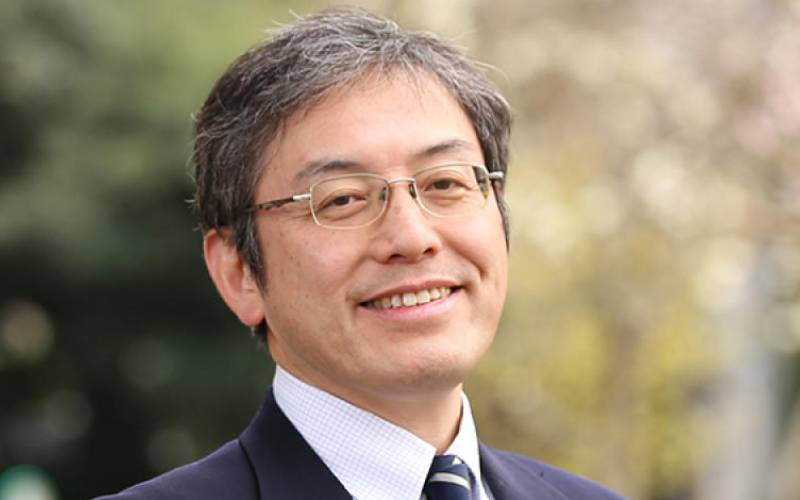×
The Standard e-Paper
Fearless, Trusted News

In a conversation with Professor Kaneko Satoshi, a biomedical researcher from Nagasaki University, he explains how while based in Kenya the university was instrumental in setting up key Tropical Disease programmes run by the Kenya Medical Research Institution (KEMRI) in collaboration with Japan International Cooperation Agency (JICA)
Is there any special reason why Nagasaki University chose Kenya for its collaborative research work on tropical diseases?